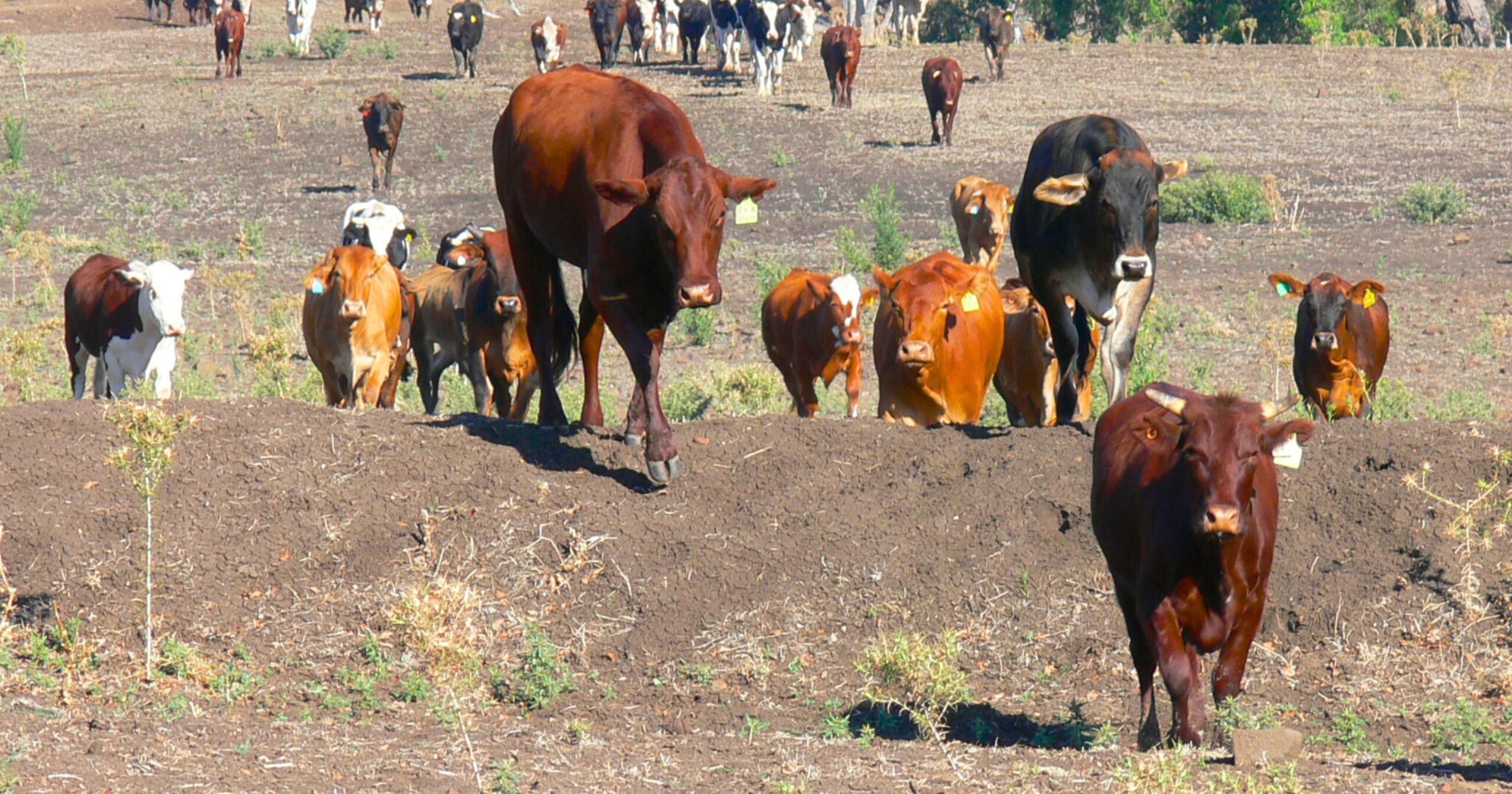Keep encounters with flying-foxes fleeting
Department of Energy, Environment and Climate Action (DEECA)
With Grey-headed Flying-foxes travelling great distances to find food, Victorians may be encountering these vulnerable visitors in backyards and public places.
“On average, Grey-headed Flying-foxes fly about 10 kilometres from their roost site nightly to find food, but they have been recorded travelling much further,” said Leila Brook, Senior Wildlife Officer at the Department of Energy, Environment and Climate Action (DEECA).
“Eating fruit and nectar, they play an important part in ecosystems, pollinating native trees and dispersing seeds.”
In early summer flying-foxes have young pups. This species are slow breeders, producing one young a year.
“Mothers and pups may be particularly vulnerable to disturbance, periods of high heat, and lack of food,” said Ms Brook. “When females are stressed or malnourished they may not be able to care for their young who may drop to the ground.”
Only trained, vaccinated wildlife rescuers should handle flying-foxes. If someone is scratched, bitten or exposed to bat saliva, seek urgent medical attention. Contact the Department of Health for further advice on 1300 651 160. If your pet has interacted with a flying-fox, contact your local vet.
If you see flying-foxes, remember:
• Keep your distance and let them rest, even if they are on the ground or low on a tree.
• Avoid disturbing flying-foxes – sudden noise such as clapping or beeping horns can startle them.
• Don’t handle them. If you find a flying-fox on the ground, call a local vaccinated wildlife rescuer to assist. While flying-foxes may carry rare disease, risk is avoided by not touching bats.
• To find a local rescuer, call 136 186, use DEECA’s online Help for Injured Wildlife tool www.wildlife.vic.gov.au/injured-native-wildlife/help-for-injured-wildlife or call Wildlife Victoria on 8400 7300.
• Protect backyard fruit trees using compliant wildlife-friendly netting. For more information on wildlife-friendly netting visit, www.wildlife.vic.gov.au/managing-wildlife/wildlife-and-fruit-trees
Grey-headed Flying-foxes are protected by law in Victoria and it is illegal to harass, injure, or disturb them. Offenders face maximum penalties between $3,846 and $48,077 or 12 months in jail.
The Conservation Regulator relies on community information to investigate wildlife crime, including disturbance of native bats. Reports can be made to Crime Stoppers Victoria on 1800 333 000.
To find out more about Victorian flying-foxes, see: www.wildlife.vic.gov.au/our-wildlife/flying-foxes



















